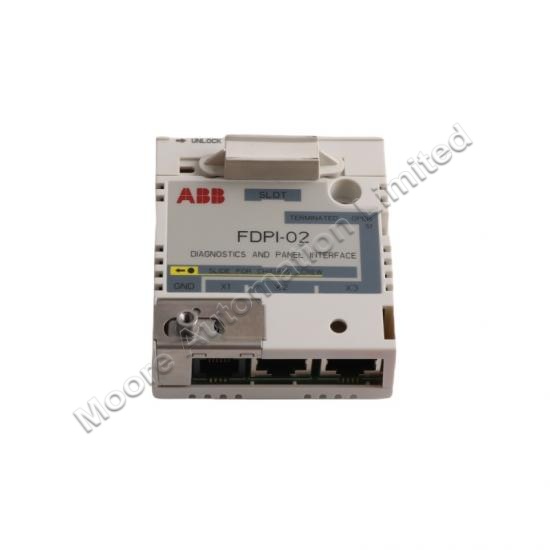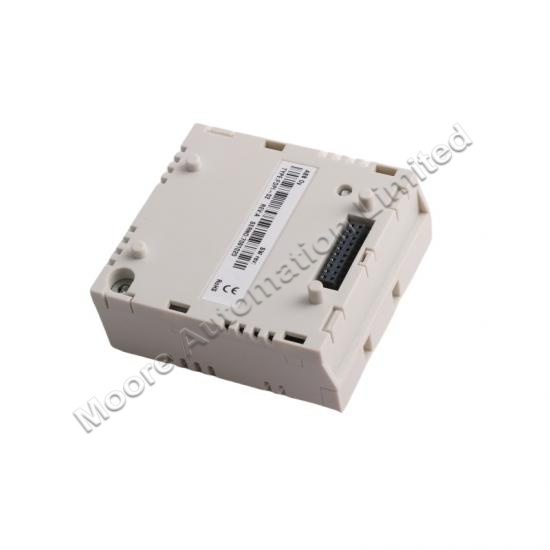Essential Tools for Ensuring Food Safety in the Modern Industry
Introduction Food safety is a critical concern for manufacturers and processors worldwide. According to the Centers for Disease Control and Prevention (CDC), around 48 million people suffer from foodborne illnesses each year. With more than 250 identified foodborne diseases, ensuring food safety has never been more important. This article explores essential tools and strategies that businesses can implement to reduce risks and enhance food safety in the industry. The Importance of Food Safety Foodborne illnesses can result from bacteria, viruses, or parasites that contaminate food. Ensuring safety is essential for businesses to avoid financial losses due to recalls, reputational damage, and, most importantly, the health risks posed to consumers. With advancements in automation and smart technologies, businesses now have better ways to manage food safety, comply with quality standards, and protect their brand image. Sterile is Safer: Reducing Bacterial Contamination Bacteria like Salmonella can quickly reach harmful levels if food is not stored properly. According to the Food and Drug Administration (FDA), Salmonella can become dangerous within five hours at room temperature. To combat this, manufacturers are turning to high-pressure processing (HPP), a method that uses high pressure to eliminate bacteria without altering the food’s flavor or requiring preservatives. This technology significantly improves shelf life and safety compliance. Protective Packaging: Keeping Food Fresh and Safe Packaging plays a crucial role in maintaining food quality and safety. Faulty packaging can lead to contamination or difficulties in tracking products due to damaged labels. To prevent these issues, many food manufacturers are utilizing machine vision technology. Automated inspection systems, such as Acquire Automation’s Prism machine, scan and reject faulty packaging to ensure all products meet specifications. This approach helps businesses maintain quality control, reduce recalls, and protect their reputation. Dodging Downtime: Maintaining Consistent Production Unplanned downtime can have devastating effects on food manufacturers. Equipment failures can halt production, spoil ingredients, and create supply chain disruptions. To prevent these issues, companies are implementing predictive maintenance strategies. By monitoring machine performance, businesses can anticipate potential failures and order replacement parts in advance from reliable suppliers like EU Automation. This proactive approach minimizes downtime, reduces waste, and enhances operational efficiency. Conclusion With millions of people affected by foodborne illnesses each year, food manufacturers must adopt advanced technologies and best practices to improve safety. From high-pressure processing to automated packaging inspection and predictive maintenance, companies can ensure compliance, protect consumers, and maintain profitability. Investing in food safety measures benefits both businesses and cu...
All Blogs

 21/02
21/02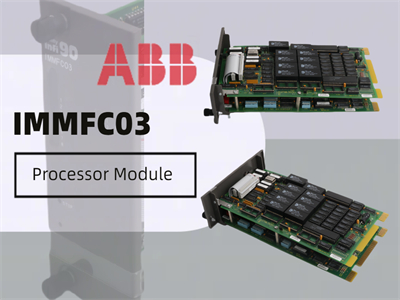 20/02
20/02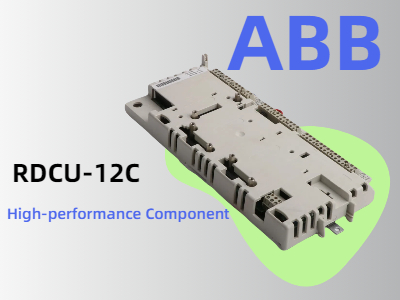 20/02
20/02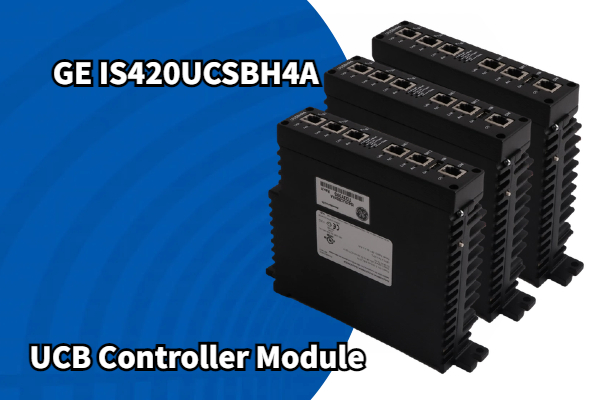 20/02
20/02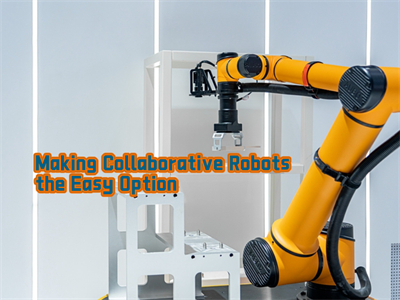 20/02
20/02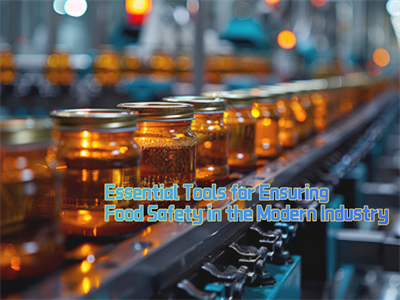 18/02
18/02 17/02
17/02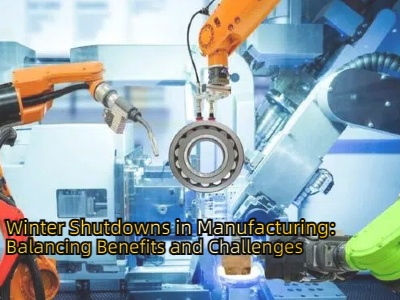 15/02
15/02


 IPv6 network supported
IPv6 network supported
